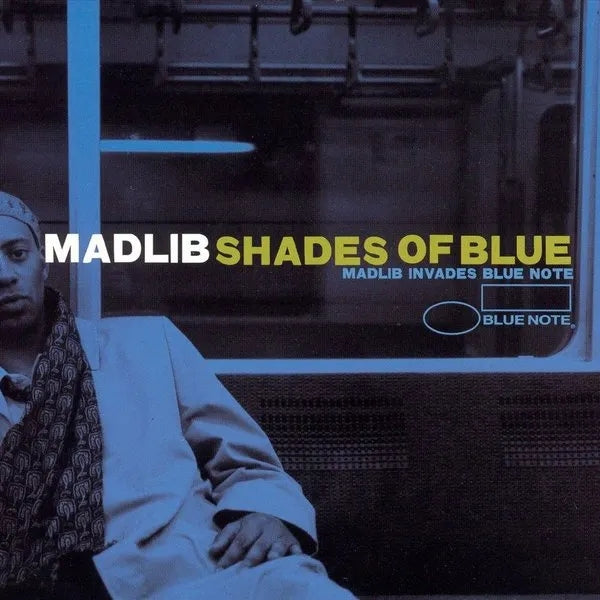Hailing from sunny LA, Shuggie Otis was born to rhythm and blues legend Johnny Otis. From an early age Shuggie, a nickname his mother gave him meaning sugar, was obsessed with the guitar. He started learning at the age of 2... By 11, he was performing professionally with his father’s band. Allegedly, Otis would wear a fake moustache and glasses to be allowed in after-hours clubs.
Whilst he loved the blues music his father played, Otis began to gravitate towards pop music, particularly legends like Arthur Lee (from Love), Jimi Hendrix and Sly Stone. As a result, Otis began to expand his style and start his solo career. Word was getting out about a young prodigy and soon Otis was noticed by Al Kooper, a prolific studio music. Kooper and Otis (at the age of 15), recorded an entire album in a weekend which formed the second instalment of an album series which Kooper was launching, titled the Super Session. Later that year with Kooper’s help, Otis would release his first project in 1970 titled Here Comes Snuggie Otis. This album saw Otis gain a lot of recognition within the music world. B.B. King said that Otis was his new ‘favourite new guitarist’ whilst Otis went on to work with Etta James and Bobby Bland during this time.

By 1971, Otis began to achieve some fame, especially for his second album in 1971, Freedom Flight. His sophomore album, which featured his hit Strawberry Letter 23, reached the Billboard 100 which importantly caught the attention of the Brothers Johnson, who then played it for producer Quincy Jones. After they covered it, it became an instant hit.
In 1974, Otis released Inspiration Information, his third and final album for Epic Records. The album had taken almost three years to finish but all the songs were written and arranged by Otis, who played every instrument on the album, except for horns and some strings. Inspiration Information had but one single (the title track) reach the Billboard Hot 100.
After the album's release, Otis was approached by Billy Preston on behalf of The Rolling Stones, who had asked him to join the band for their upcoming world tour. Otis declined the offer, along with the chance to work with Quincy Jones in helping produce Otis's next album. After a series of similar refusals, Otis gained the reputation of taking too long to record albums, his contract with Epic Records ended and eventually, Otis lost his way. Otis's only credited works throughout the mid-1970s were as a studio musician for his father's recording projects.

Inspiration Information gained a cult following during the 1990s with the emergence of rare groove and acid jazz. It was lauded by such musicians as Prince and Lenny Kravitz. Due to this regained interest, the album was re-released on April 3, 2001, by David Byrne’s independent label Luaka Bop. In the early 2010s, Otis would start touring the world again from Australia to Japan to the U.K. to a warm reception and rave reviews.
After releasing three albums before 19, Otis had a career many could only dream of from such a young age. However, it was by burning so brightly, that his flame went out just as quickly. He was moved to the sidelines and forgotten about. He fought to find a record deal, but like the age-old story, it wasn't until he grew old that people truly acknowledged his talents.







